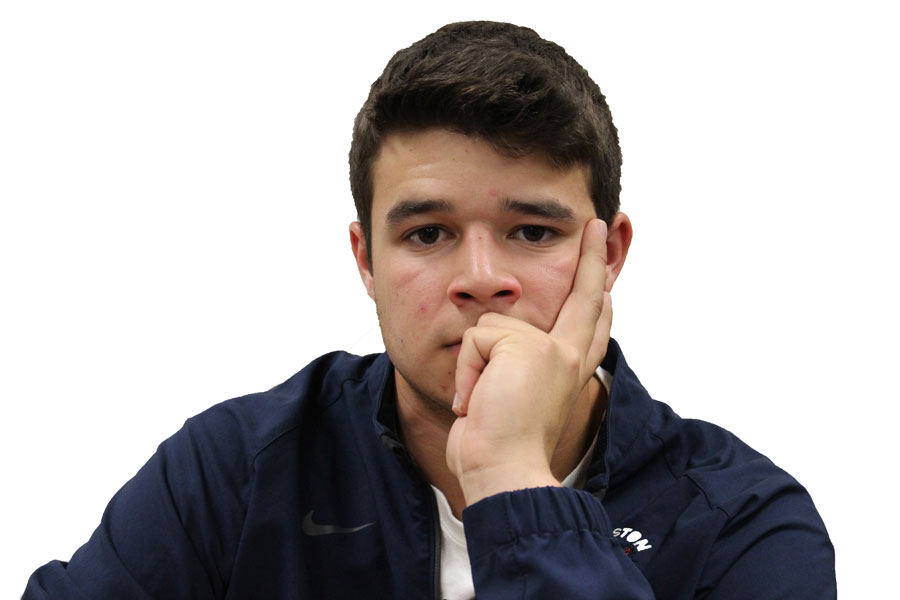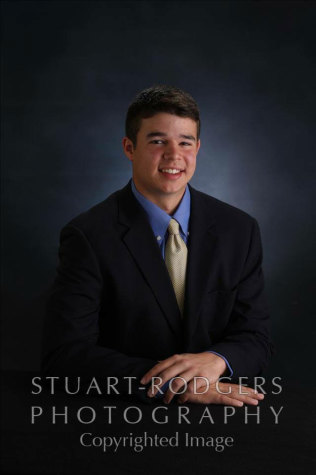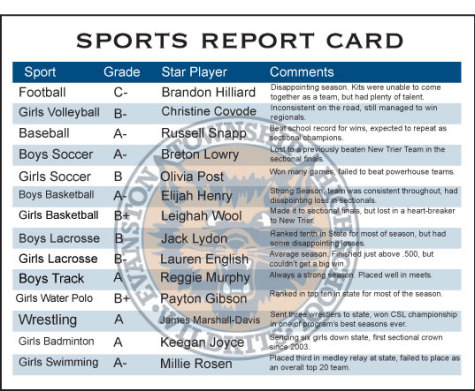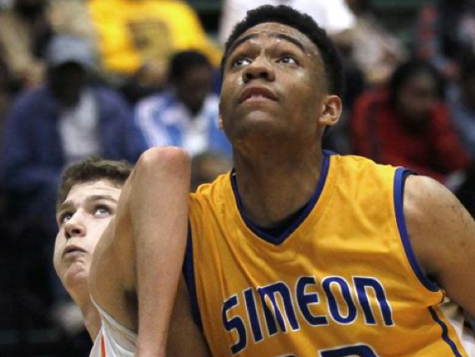‘Optional’ takes on a new meaning
While some athletes are busy with their fall sports, other athletes are trapped in the limbo of offseason.
For some, this is a time of rest and recovery, but for others, the most brutal part of the year begins. Off-season training has become a vital part of high school athletics, and it developed into an important tool for coaches to evaluate players.
However, in recent years, off-season training has produced dangerous amounts of pressure on athletes. No longer are students attempting to become 3-sport athletes, focusing season to season on a sport, but instead they are pressured into specialization. It is an epidemic that is not exclusive to ETHS. The U.S. Center for Disease Control claims that half of youth injuries are due to overuse. Off-season training has created a deadly culture that results in burnouts and injuries, and it needs to be changed.
Athletic director Chris Livatino agreed that participating in multiple sports is important to being a well balanced athlete,but he also said that one-sport athletes should be involved in the team’s off-season training opportunities. However, the option to be a three-sport athlete becomes a daunting task when coaches are breathing down our necks to come to offseason workouts. Of course, it is illegal to “require” athletes to participate in off-season training, but the word “optional” has lost significant value. “Optional,” now means, “you better get to the weight room or you’ll get cut.”
Unfortunately, off-season training as gained too much weight in roster decisions come try-outs. I agree, it is important to show coaches that you have been working hard and seeking to improve, but at some point it no longer becomes the athletes decision. If coaches truly want to evaluate the hunger of an athlete to get better, then they will take away the dark cloud of pressure involved in off-season training.
Coaches want players to succeed, and giving their athletes opportunities to improve throughout the year certainly is not a negative. It is important for athletes to work at their trade, even when not in season. That is how we improve.
As an athlete, I take offseason training very seriously and I’m grateful for the access to facilities my coaches provide. However, I want to train hard for sports because I want get better, not because I need to prove to coaches that my attendance rate at offseason workouts is 100%.
Coaches try too hard to instill hunger for success, but ultimately, this only drives athletes further away. The best athletes are the ones that push themselves and don’t need to be pushed by coaches, but right now it seems that everyone is bullied into offseason workouts.
Your donation will support the student journalists of the Evanstonian. We are planning a big trip to the Journalism Educators Association conference in Nashville in November 2025, and any support will go towards making that trip a reality. Contributions will appear as a charge from SNOSite. Donations are NOT tax-deductible.





